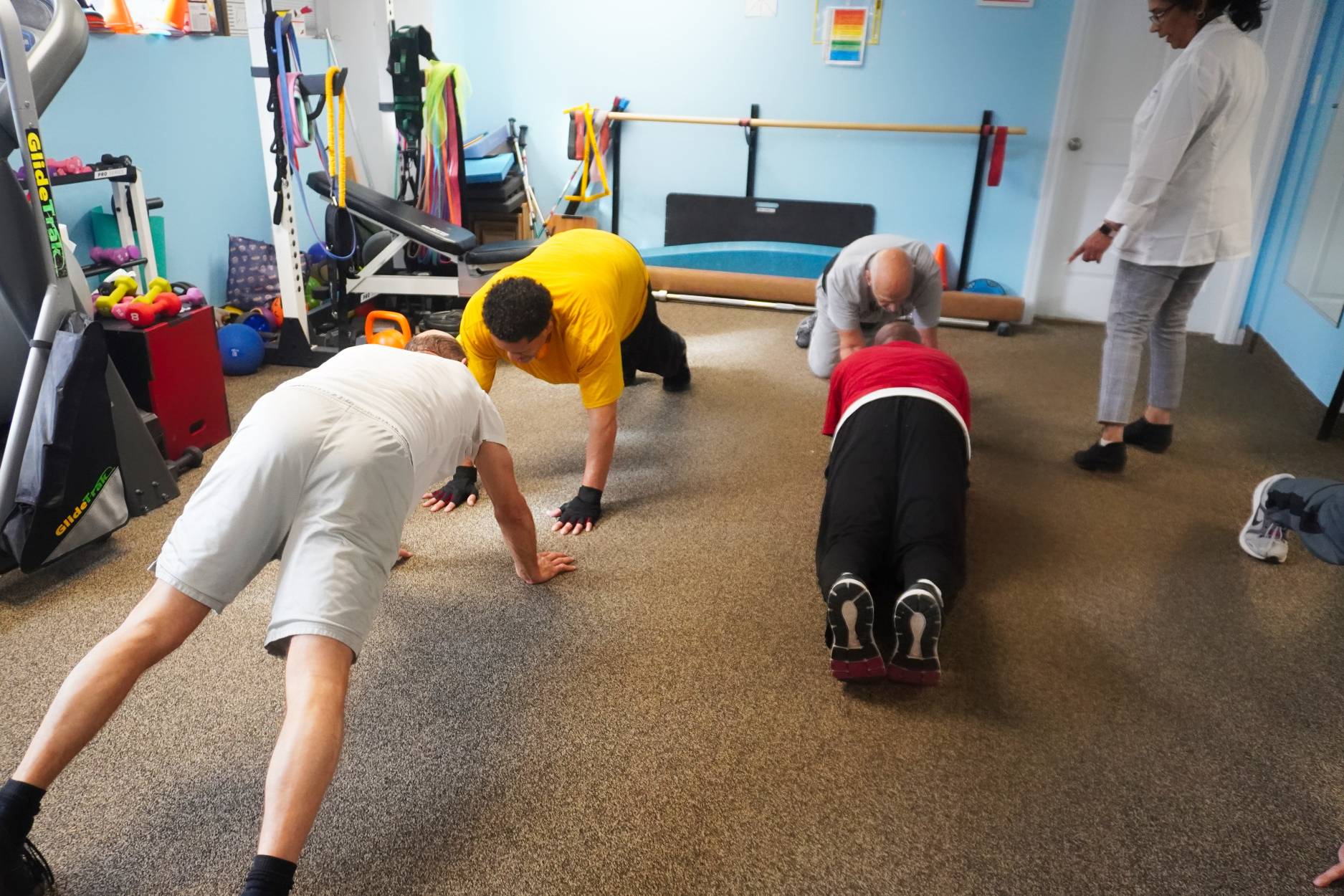
Cognitive Dysfunction In Parkinson’s Disease: How It Impacts, Diagnosis And Treatment
What is cognitive dysfunction?
To understand cognitive dysfunction, we need to know the cognitive functions of the brain. The neurologist refers to six important factors contributing to cognitive function. These are
- Attention
- Memory
- Processing speed
- Executive function
- Visual spatial processing’
- Language
These functions are controlled by different parts of the brain at different levels. An impairment or injury to the part of the brain controlling these functions will have a negative impact. The loss of one or more of these brain functions leads to cognitive abnormality. This condition is also known as Brain fog.
Cognitive dysfunction in Parkinsons disease
Mild to moderate impairment is common in patients with Parkinson’s disease. Focussing on a particular thing like having a conversation on a certain subject or doing a chore without undivided attention is quite difficult for patients with cognitive dysfunction. Some patients will have difficulty in memory and remembering things that might interrupt daily activities of living.
Cognitive impairment is usually mild in the early stages of Parkinson’s and is referred as ‘’Mild Cognitive Impairment”. With progression of the disease the patient will develop Dementia, that refers to problems in more than one cognitive function.
Factors contributing to cognitive dysfunction in Parkinsons
The factors that contribute to cognitive dysfunction are not clearly understood. The changes in the brain that lead to motor symptoms in Parkinson seem to affect the memory and thinking. Medications such as L-dopa that suppress the normal brain activity and stress might affect cognitive function. There are also certain neurotransmitters that are important in cognition, memory and thinking besides dopamine. Any alterations in these neurochemical signals remarkably impact the cognition.
Effects of cognitive changes
The cognitive changes that accompany Parkinsons may be limited to one or two functions. Areas of changes include-:
- Changes in language
- Attention
- Processing mental speed
- Changes in memory
- Problem solving
How is it diagnosed
The cognitive changes that occur in the early stages of Parkinson’s may or may not be observed by the patient. But the health care provider might do certain screening tests to observe your mental state. A neurologist might refer you to a neuropsychologist for further evaluation. A neuropsychologist might talk with your family members or care giver to get more detailed information on your mental health. A consultation with the neuropsychologist is important in differentiating PD from other conditions.
Rehabilitation for cognitive Dysfunction
Cognitive rehabilitation aims to improve the activities of daily living by improving the cognitive function of the brain.
Cognitive rehabilitation therapy includes both medical and non-medical intervention.
Medical intervention
Generally, medications are prescribed in the late stages to treat symptoms of dementia. The medications prescribed are supposed to increase the brain signals transmitting the neurotransmitter.
If your healthcare provider identifies stress and depression to be the cause of cognitive impairment, medications may be prescribed to reduce your stress and depression.
Non-medical intervention
- Repetitive training- attention and memory can be improved by giving repetitive tasks to the patient.
- · Teaching alternate strategies to cope with cognitive issues
- · Brain training games
- · Self-cueing
- · Changes in the environment might help to reduce stress and depression.
- · Behavioural strategies might help with poor communication.
- · Low lighting to reduce excessive stimuli.
A note from balancedgaitandpt
A clear and structured therapy program will benefit patients with PD to carry out their day to day-to-day activity. Talk to your healthcare provider and neuropsychologist to improve your quality of life.
References
- https://www.apdaparkinson.org/article/parkinsons-cognitive-rehabilitation-erin-foster/#:~:text=There%20are%20different%20approaches%20to,tasks%20that%20challenge%20those%20skills.
- https://www.parkinson.org/understanding-parkinsons/non-movement-symptoms/cognitive#:~:text=They%20may%20also%20have%20difficulty,affects%20many%20people%20with%20PD.
- https://www.ncbi.nlm.nih.gov/pmc/articles/PMC7128056/
- https://neurosurgery.weillcornell.org/condition/cognitive-dysfunction/what-do-we-mean-cognitive-dysfunction
